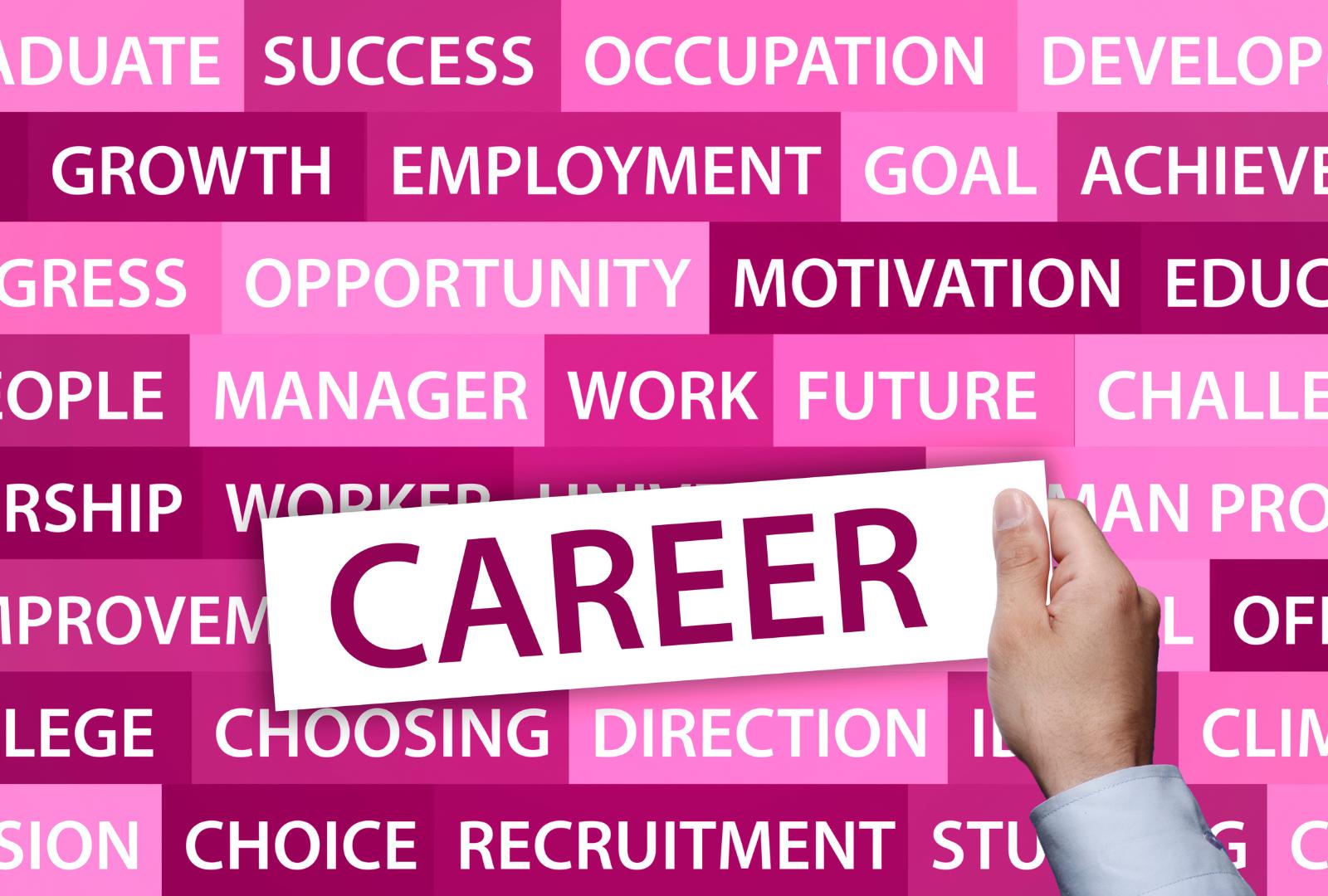The nature of work is evolving rapidly, specifically during this era of AI. You might have many questions about transforming your career even though you might not have all the skills needed for the job you want to apply for and how to stay relevant as an employee. If considering a professional course change, you must learn and identify the most practical and easy ways to unlearn, re-learn, and adopt new skills.
Here is a comprehensive 5-step guide to kick-start your transformation for a new career path.

Why Skill Development is Significant?
Your skills are your toolkit and your value proposition, and if your toolkit is not up to date, you will be less attractive and efficient at the workplace and for future employers.
Think about your computer needing a software update. Following the latest trends in your industry or the industry you want to work for is crucial. So, let’s dive into the first steps you need to take:
Step 1: Assess Your Current Skills
What else? You need to start with thyself. We need to know where to begin to create your action plan accordingly. If you don’t know your gaps, how can you upskill yourself?
Create your personal SWOT analysis. I am sure you know what SWOT is: a list of your strengths, weaknesses, strengths, and opportunities. Reflect on your successes and achievements, regardless of how big or small. The importance is in what you bring to the organization. Ask for feed forward from your peers, friends, and family. They will give you a perspective of yourself that you have not seen, as we all have blind spots.
Step 2: Research skill gaps
Now that you have an inventory of your skills, it is time to research what is missing, according to the industry you want to move into. I am sure you have many transferable skills and experiences, though we need to know where we can improve and have a base of knowledge.
Do you need any certifications or base camp skills? What is required in that profession? Human skills and technical skills. Check out job postings. What are the requirements? Have an idea of what you need and what the employer is looking for. Consult with experts in this field, have a coffee, ask for advice, and be open to learning.
Step 3: Choose the right learning path
Differentiate between human and technical skills. What do you need as technical skills? Which platform can you join to get that certification? Online or onsite? How long, dates and times suit your current life and professional circumstances? Might be workshop series better or conferences? Check out what makes sense to you and decide on an action plan.
Step 4: Practise and apply your skill
It’s not only about the certification but also about how much experience you have applying these new skills. For example, you can volunteer in organizations where these skills or the industry are active. For instance, it can be in technology. Seek associations and networks where these industry leaders meet to get more insight and information, introduce yourself, and offer your time and energy. It can be an ad hoc project or a side gig. Whatever it is, take it and try it out. Without trying, you will never learn and will not be able to upskill. It is all about applied sciences.
Step 5: Stay Committed to Lifelong Learning
Skill development is not a one-time event. It is an ongoing process as life changes, you change, and the professional landscape changes. Stay up to date, attend networking events and conferences, surround yourself with humans who can lift you, and stay curious. Being open-minded and having a growth mindset is essential. Reflect and adjust. It always starts with you and no one else, and you change too. So, take time off once a year minimum to reflect on your status and if you need to adjust. After all, you might have tried a new trajectory, which might not be what you were looking for. Who knows?

In summary
Transforming your career requires energy, time, and consistent effort. In addition, patience, micro goals, and strategic planning are essential to acquiring new skills. It is a marathon, not a sprint. Remember, each new skill you gain will serve you in any case for your future career and make you more resourceful, which will be an enabler and bridge for a successful career path.
In case in doubt, just reach out. Always here to be your companion.

I would be more than happy to talk with you, if you are unsure about your future professional life.
Just Reach out.
